|
The perfectly imperfect future of tech
|
Hello!
I’ve been back from India for a month now, and have had some real time to reflect on the trip, during which I hoped to find new perspectives and positive visions for the future. While I didn’t find what I was looking for, it found me once I returned home to the spring weather. More about this over on my Substack.
Vineeta and I just about caught our breath before an exciting trip to Paris to see the premiere of the documentary film ‘Responsables’. A 3 year long project from the amazing team at Welcome to the Jungle, the documentary explores the challenges of responsible business and aims to inspire more businesses to embrace progress over perfection.
We are honoured to have been part of the film alongside others such as B Lab’s Andy Fyfe and companies such as Terre D’Oc, Tony’s Chocolonely, Positive Internet and Patagonia. The film will be broadcast in France this September, before going on to international release. If you would like to organise an advance private screening of this inspirational film for your company or community, simply email the film team [email protected].
In the meantime, I hope you enjoy this issue, which opens with the eagerly awaited release of the most collaborative issue of Branch magazine yet. For this issue, Wholegrain partnered with Branch to curate articles focused on imperfection in our digital world. It includes contributions from some of you (thank you for answering the open call!), and was edited by Hannah Smith from The Green Web Foundation and my colleague Marketa Benisek.
Until next time!
– Tom Greenwood |
|
|
Top picks from the green web
|
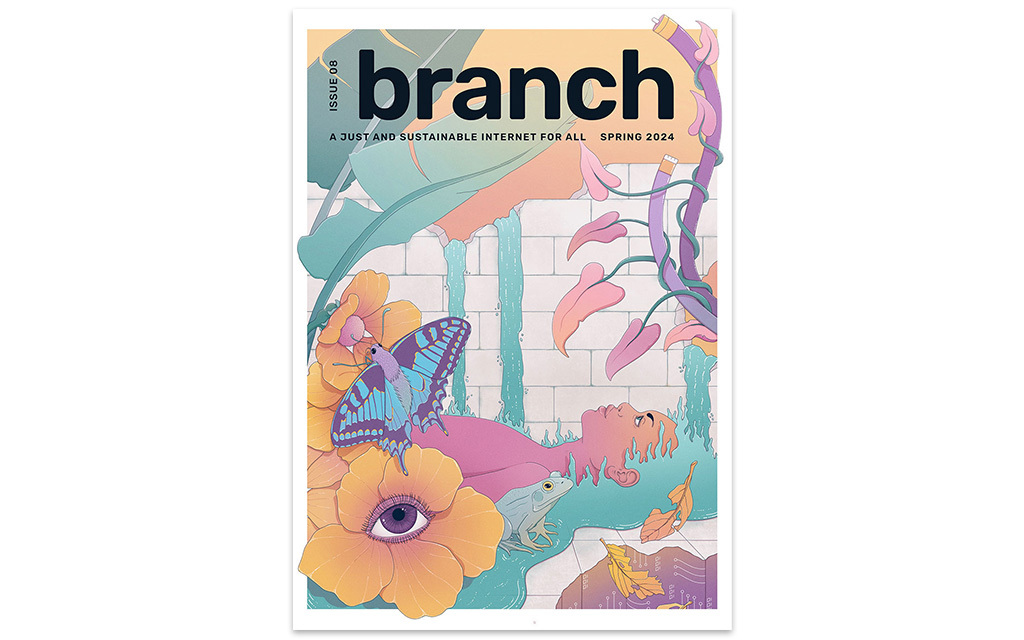
Branch Magazine Issue 8 - Finding beauty in the imperfect
|
I’m thrilled to announce that Issue 8 of Branch Magazine, which I co-guest edited with the amazing Hannah Smith from the Green Web Foundation, launched last week!
As Hannah and I explain in the Editors’ letter, this issue of Branch originates from our shared place of frustration. Too often, some people seem to think that if something isn’t perfect, it’s not worth pursuing. We believe that embracing imperfection is key to progress and that each step, no matter how small or flawed, can bring us closer to a more sustainable future.
Our hope is that the theme of finding beauty in the imperfect, especially in the context of building a just, sustainable and more humane web, will resonate with you like it did with us. I highly recommend reading Tom Greenwood’s article, The Wabi Sabi Web, where he explores how digital design can benefit from the Japanese philosophy that values imperfection and impermanence. Similarly, Thorsten Jonas, founder of the SUX network, critiques the pursuit of perfection in design, suggesting it can lead to injustice, and proposes a more balanced approach. The Good Food website case study reveals that even small tweaks in design and functionality can result in significant carbon emission reductions.
This issue also highlights global stories about the environmental impact of the digital world. Joanna Murzyn reports on a community in India dealing with e-waste, while Hemanuel Veras highlights the importance of internet access for indigenous and traditional peoples of the Amazon to protect their rights and the nature they live in harmony with.
Additionally, Luna Maurer and Roel Wouters, a Dutch artist duo, fight for intentional friction in digital design to promote deeper human connections.
There is so much more in this edition that I couldn’t fit in this small window, but I’m incredibly proud of this piece and I hope it will help you see the immense importance of each step on our journey toward creating a better web, and ultimately, a better world.
– Marketa Benisek, Digital Sustainability Lead, Wholegrain Digital
|
|
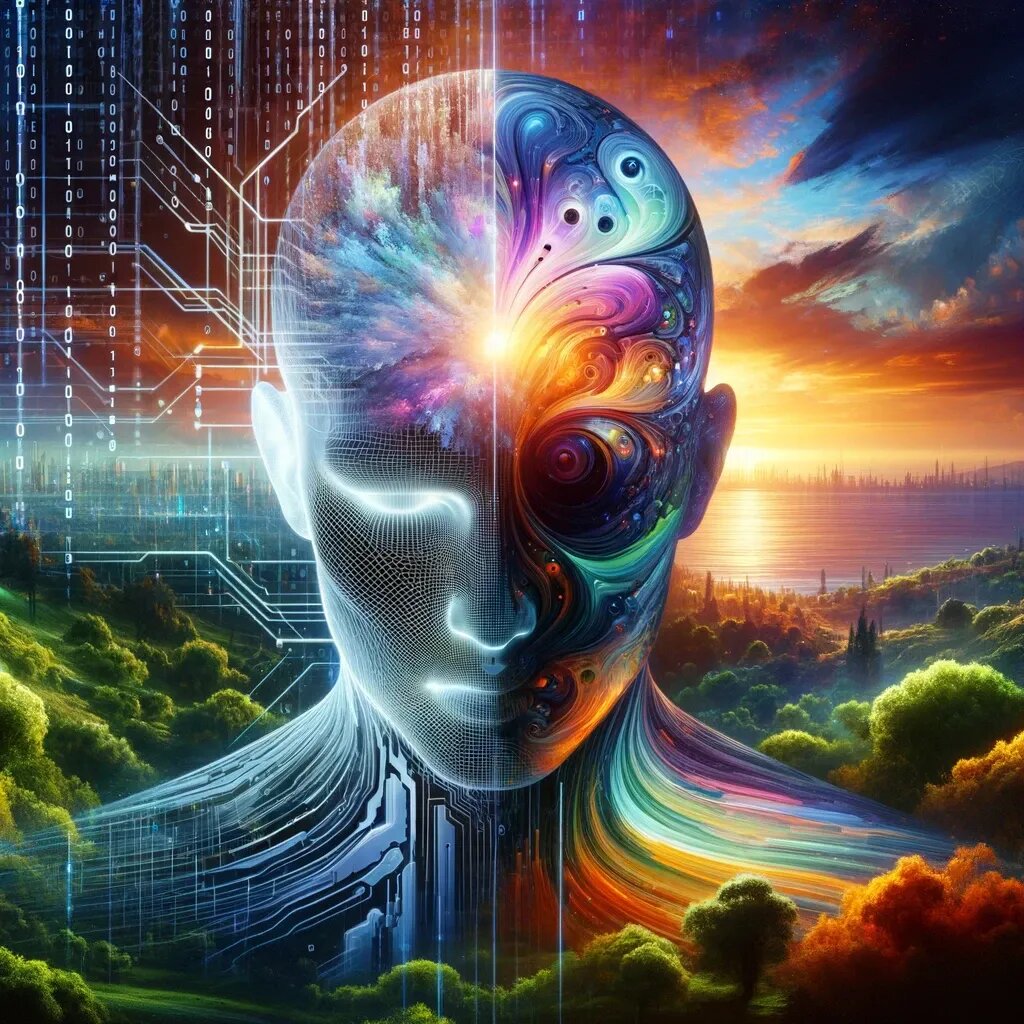
Should we embrace the rise of ‘homo techno’?
|
I recently read this fascinating piece from Frank de Silva, in which he explores the increasing convergence between human consciousness and technology. He refers to this integration as ‘Homo techno’, calling it an “evolutionary leap where humanity transcends its biological limits”
While I personally don’t share the same vision, I appreciate Frank sharing a hopeful future vision that is mindful of the ethical challenges that our advancing technology brings. In contrast, I believe that the evolution of human consciousness will arise from us looking inwards to ourselves and that only then will we find harmony with ourselves, each other and our technology. But I wonder if at a deep level, our visions may be closer than they seem. Either way, we are at a point in history when we need to contemplate our relationship with technology and what it means to be human, and sharing our differing visions for a positive future can only be a good thing.
|
|
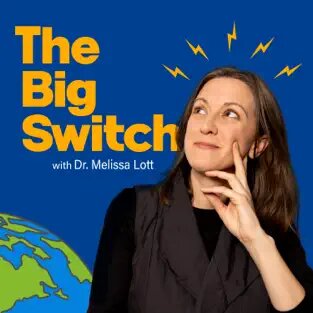
The Big Switch digs deep on batteries for series 4
|
The Big Switch, a podcast series about how to rebuild the world’s energy systems to make them more sustainable, has just released season 4.
This season, ‘Batteries are taking over the world,’ digs deep into the lithium-ion battery supply chain from mining to processing to manufacturing, asking what gets mined, traded, and consumed on the road to decarbonisation.
|
|
|
|
|
"We're in business to save our home planet"
|
– Yvon Chouinard
|
|
|
Review of the month (film)
|
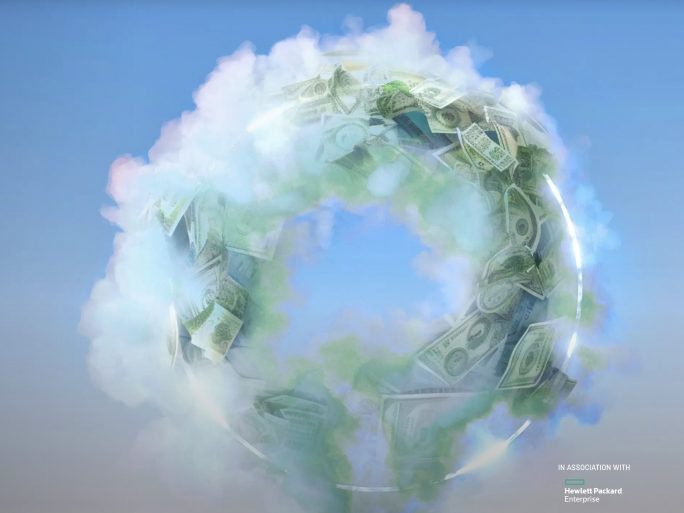
Does the cloud cost the earth?
|
Clouded II, the second in a short series from Dark Matter, is a multilayered summary of the issues for cloud computing and data storage, told by an impressive cast of experts. These include FINOPs professionals, CSOs, digital sustainability advocates and one Cloud Storage Anthropologist! Potentially the most well known voices are Gerry McGovern and Mark Butcher.
I’ve long been interested in the hidden environmental costs of the cloud. The exponential growth in the sector terrifies me, as does the lack of knowledge around it. In the film, Steven Gonzalez Montserrate’s description reflects how we see things at Wholegrain:
“The language around cloud services for consumers has obfuscated the physicality of information storage. It has helped create the fantasy of etherealness.”
The findings in the film backed up many of my suspicions. Gerry McGovern reiterates that much of the data stored today is junk and will never be viewed again. It wasn’t just confirmation bias though. One revelation was about the finances involved. Many firms using cloud storage and computing are finding that the financial costs are much higher than expected. When you also consider that the functions performed might be better (and more sustainably) performed in some other way, both the environmental and financial cost is high – as the film’s title suggests.
Businesses, AI, tech giants and individuals are storing more and more data every day. This film and its accompanying resources are a great education piece, whatever your relationship to the topic.
– Andy Davies, Client Support Manager, Wholegrain Digital
|
|
|
|
|
Shorter notes on the green web
|
|
We want to hear more from you!
|
Don’t forget, we want to hear more from you, the Curiously Green community! If you’re heard or read something that may be of interest, please share any links, and your thoughts with us.
Even better, we’d love to know what you’re working on. If you have any case studies or projects you’d like to share, or new approaches you’ve tried that may be of interest, this is a great way to share with like minded folk so please head over to our submission form and tell us all about it!
We can’t wait to hear from more of you. 💚
|
|
|
|
|
Notes from the Curiously Green community
|
-
I had the pleasure of being interviewed a while back by Chris Marquis at Cambridge University, on the importance of sustainable web design and the role businesses can play in moving towards more sustainable solutions.
-
The Montreal AI Ethics Institute has a comprehensive AI ethics brief on Substack – a great resource to keep up with the latest developments in AI.
-
We’ve enjoyed listening to episode #34 of the Green IO podcast with Hannah Smith and Ismael Velasco. This episode has some really insightful content on carbon-aware vs. grid-aware computing.
-
A new reporting scheme for European data centres that aims to help track their sustainability efforts has been adopted by the European Commission. The Data Centres in Europe reporting program, introduced via a delegated regulation, is part of the European Energy Efficiency Directive (EEED), which aims to reduce energy use and cut carbon emissions across Europe.
-
Climate Action.Tech is seeking volunteers to help with their Ecoweb initiative, looking at the relationship between carbon emissions and digital content creation They’re inviting anyone interested in helping them with the second phase of this project to register their interest.
-
Subscriber Francisco Martins shared an interesting article on the history and environmental impact of digital image formats.
-
Francisco also shared a recent paper on The infrastructural conditions of (de-)growth: The case of the internet.
-
Did you know that Elon Musk is suing Sam Altman and Open AI? This case seems to be flying under the radar but it’s pretty significant with regards to AI ethics. Do take a look at the court document – a fascinating read explaining the history of AI, it’s risks to humanity and the legalities of open source technology and non-profit organisations.
-
BBC News’ latest report on data centres predicts a six-fold increase in power use across the next decade, due to increasing AI use.
-
Academic publication, The Conversation, looks at the carbon footprint of AI versus its potential to contribution towards fighting climate change.
-
In response to concerns about AI’s potential threat to artists’ rights, a new bill introduced to Congress this month intends to force AI companies into revealing their use of copyrighted material they use to train their generative AI models.
-
Our friends at MightyBytes have launched a Digital Greenwashing Guide to help businesses improve digital product and service sustainability claims in the face of changing legislation.
|
|
|
Join the Wholegrain Digital team
|
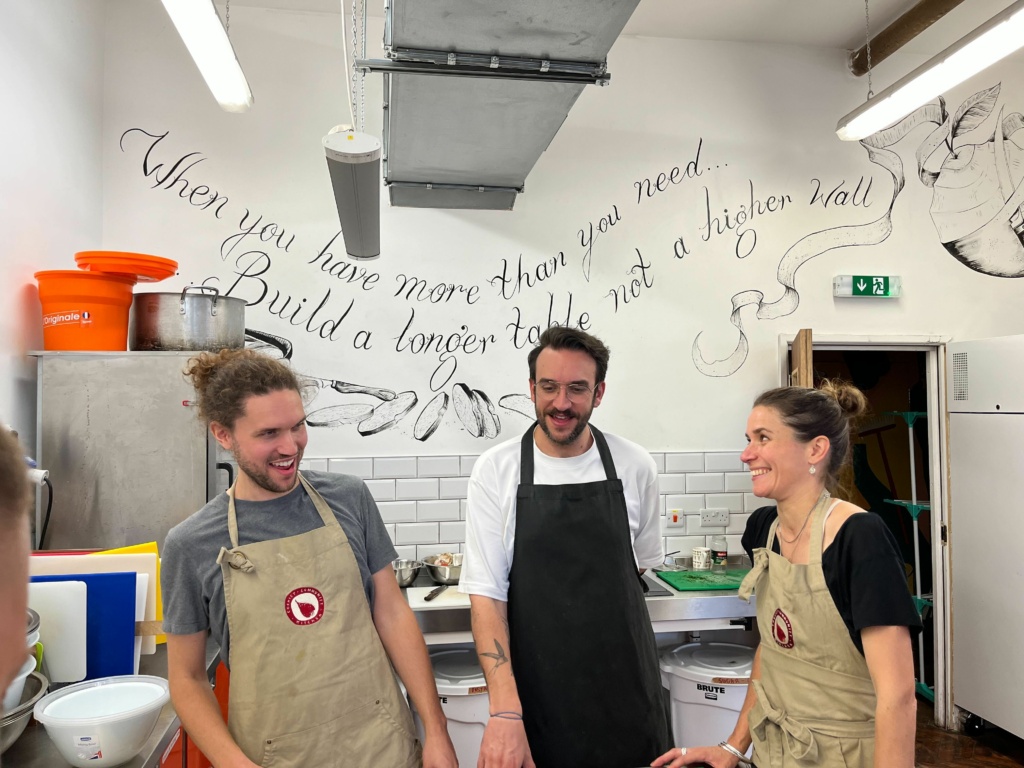
Spring into a new role?
|
Spring is a great time for a career refresh, and if you’re looking to join a team that’s as passionate as you are about creating sustainable, human focused websites, then we may have a vacancy for you!
We’re currently looking for an experienced Senior WordPress Developer to join the team, working together to create innovative, accessible, and sustainable websites, for the mission aligned organisations we work with.
If you don’t fit the roles advertised at any time, you’re always welcome to get in touch with the team by replying to this newsletter to learn more about us and explore options in a casual conversation.
|
|
|
|
|
Curiously Green is curated and written by Tom Greenwood, Marketa Benisek, Andy Davies and Rachael B.
|
|
|
|